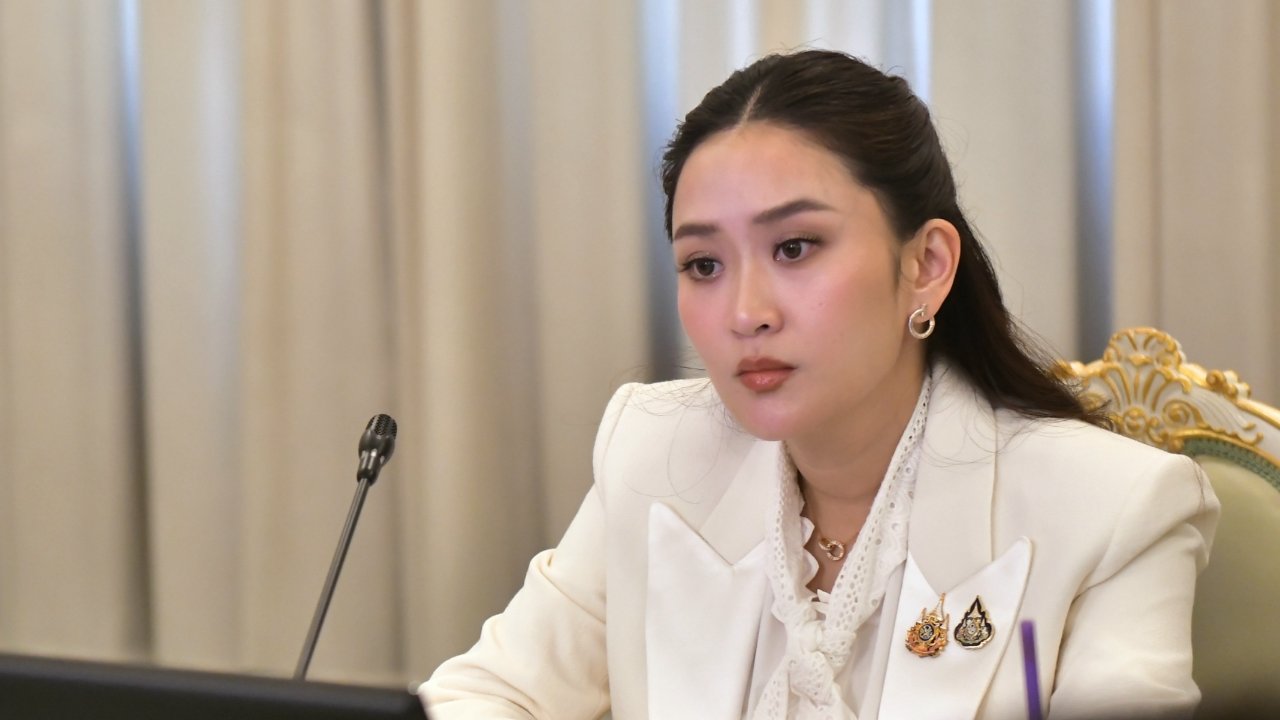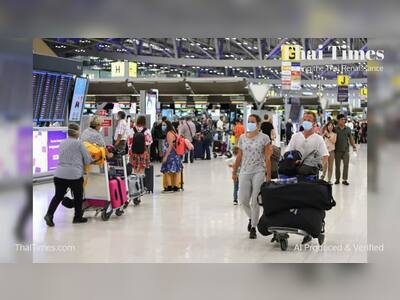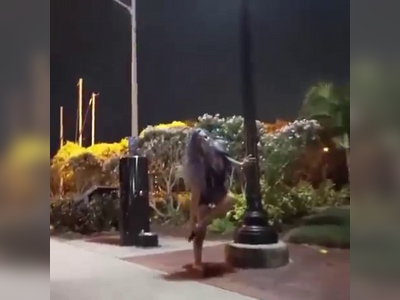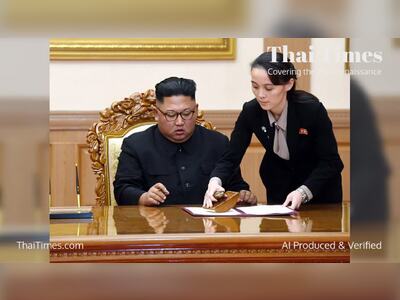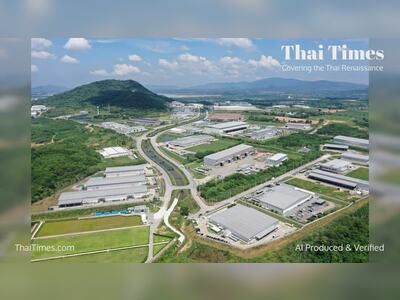Thai Government Intensifies Efforts to Combat PM2.5 Pollution
Prime Minister Paetongtarn Shinawatra announces measures targeting agricultural burning and urban emissions to address hazardous air quality.
On Tuesday, Prime Minister Paetongtarn Shinawatra announced a series of measures aimed at reducing PM2.5 air pollution, which has been affecting various regions of Thailand.
Following the weekly Cabinet meeting, she emphasized the government's commitment to addressing the issue through both immediate and long-term strategies.
A significant focus of the new measures is the agricultural sector, particularly the practice of burning crop residues after harvest.
The Ministry of Agriculture and Cooperatives has been tasked with ensuring that farmers cease this method of field clearing.
Farmers found engaging in post-harvest burning will be ineligible for government subsidies from June 1, 2025, to May 31, 2026. Instead, they are encouraged to adopt alternative methods such as burying crop residues, composting, or using machinery to compress dried plant materials.
The Ministry of Interior will issue directives to provincial governors to disseminate these guidelines to local farmers.
Additionally, the Natural Resources and Environment Ministry, in collaboration with the Agriculture Ministry, will intensify efforts to prevent forest fires, a known contributor to PM2.5 levels.
Funds from the central emergency fund will be allocated to hire additional personnel for forest fire monitoring.
To mitigate urban pollution sources, the Transport Ministry has extended a measure allowing free rides on electric trains in Bangkok and surrounding provinces.
This initiative, which began on January 25, 2025, aims to reduce the number of private vehicles on the roads, thereby decreasing vehicular emissions.
Initial reports indicate a reduction of approximately 500,000 vehicles per day in Bangkok, leading to noticeably less traffic congestion.
The Industry Ministry is also collaborating with sugar mill operators to discourage the purchase of sugarcane from plantations that utilize burning as a harvesting method.
Recent data shows that purchases of burned sugarcane have decreased to 10% of daily intake, below the ministry's target ceiling of 25%.
Furthermore, thermal power plants are being encouraged to buy sugarcane leaves from farmers for use as fuel, providing an alternative to burning.
The Social Development and Human Security Ministry has been assigned to support vulnerable groups affected by PM2.5 pollution.
This includes distributing N95 masks and establishing clean rooms where individuals, especially those with health conditions and children, can seek refuge during periods of severe air pollution.
On the international front, the Foreign Ministry is engaging with ASEAN member countries to address transboundary haze pollution, recognizing that regional collaboration is essential for effective mitigation.
These comprehensive measures reflect the Thai government's multi-faceted approach to tackling PM2.5 pollution, addressing both agricultural practices and urban emissions to improve air quality nationwide.
Following the weekly Cabinet meeting, she emphasized the government's commitment to addressing the issue through both immediate and long-term strategies.
A significant focus of the new measures is the agricultural sector, particularly the practice of burning crop residues after harvest.
The Ministry of Agriculture and Cooperatives has been tasked with ensuring that farmers cease this method of field clearing.
Farmers found engaging in post-harvest burning will be ineligible for government subsidies from June 1, 2025, to May 31, 2026. Instead, they are encouraged to adopt alternative methods such as burying crop residues, composting, or using machinery to compress dried plant materials.
The Ministry of Interior will issue directives to provincial governors to disseminate these guidelines to local farmers.
Additionally, the Natural Resources and Environment Ministry, in collaboration with the Agriculture Ministry, will intensify efforts to prevent forest fires, a known contributor to PM2.5 levels.
Funds from the central emergency fund will be allocated to hire additional personnel for forest fire monitoring.
To mitigate urban pollution sources, the Transport Ministry has extended a measure allowing free rides on electric trains in Bangkok and surrounding provinces.
This initiative, which began on January 25, 2025, aims to reduce the number of private vehicles on the roads, thereby decreasing vehicular emissions.
Initial reports indicate a reduction of approximately 500,000 vehicles per day in Bangkok, leading to noticeably less traffic congestion.
The Industry Ministry is also collaborating with sugar mill operators to discourage the purchase of sugarcane from plantations that utilize burning as a harvesting method.
Recent data shows that purchases of burned sugarcane have decreased to 10% of daily intake, below the ministry's target ceiling of 25%.
Furthermore, thermal power plants are being encouraged to buy sugarcane leaves from farmers for use as fuel, providing an alternative to burning.
The Social Development and Human Security Ministry has been assigned to support vulnerable groups affected by PM2.5 pollution.
This includes distributing N95 masks and establishing clean rooms where individuals, especially those with health conditions and children, can seek refuge during periods of severe air pollution.
On the international front, the Foreign Ministry is engaging with ASEAN member countries to address transboundary haze pollution, recognizing that regional collaboration is essential for effective mitigation.
These comprehensive measures reflect the Thai government's multi-faceted approach to tackling PM2.5 pollution, addressing both agricultural practices and urban emissions to improve air quality nationwide.
